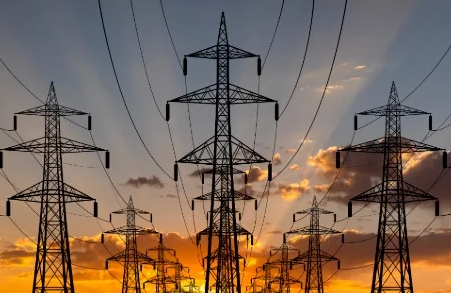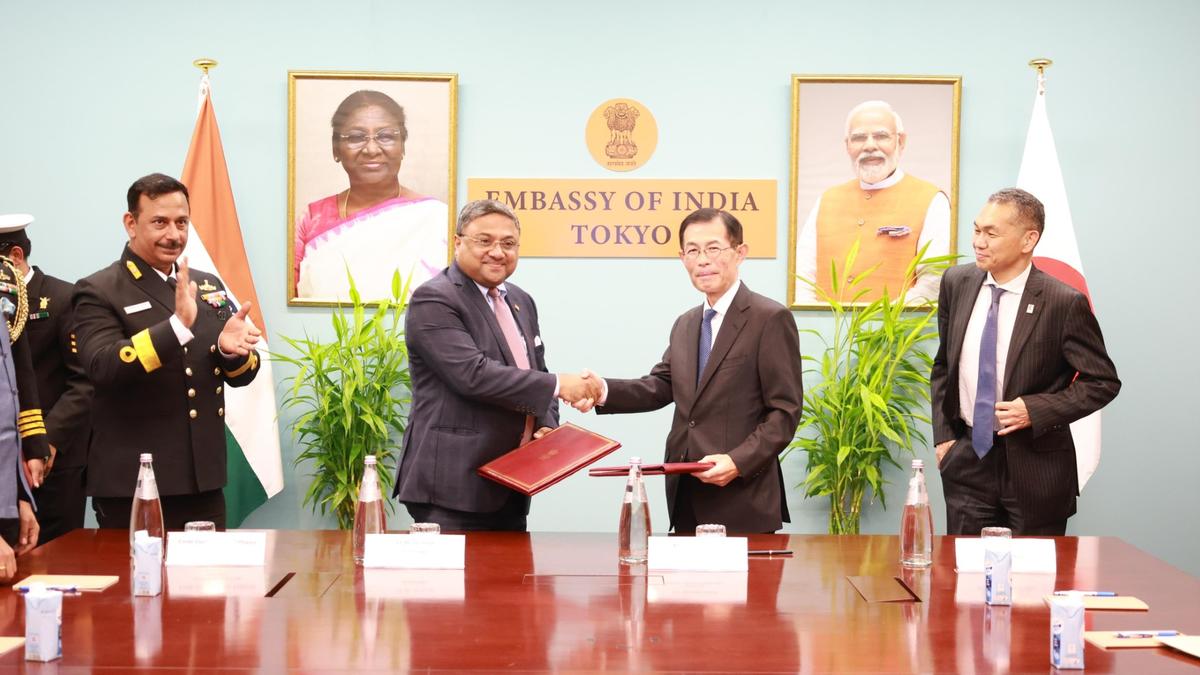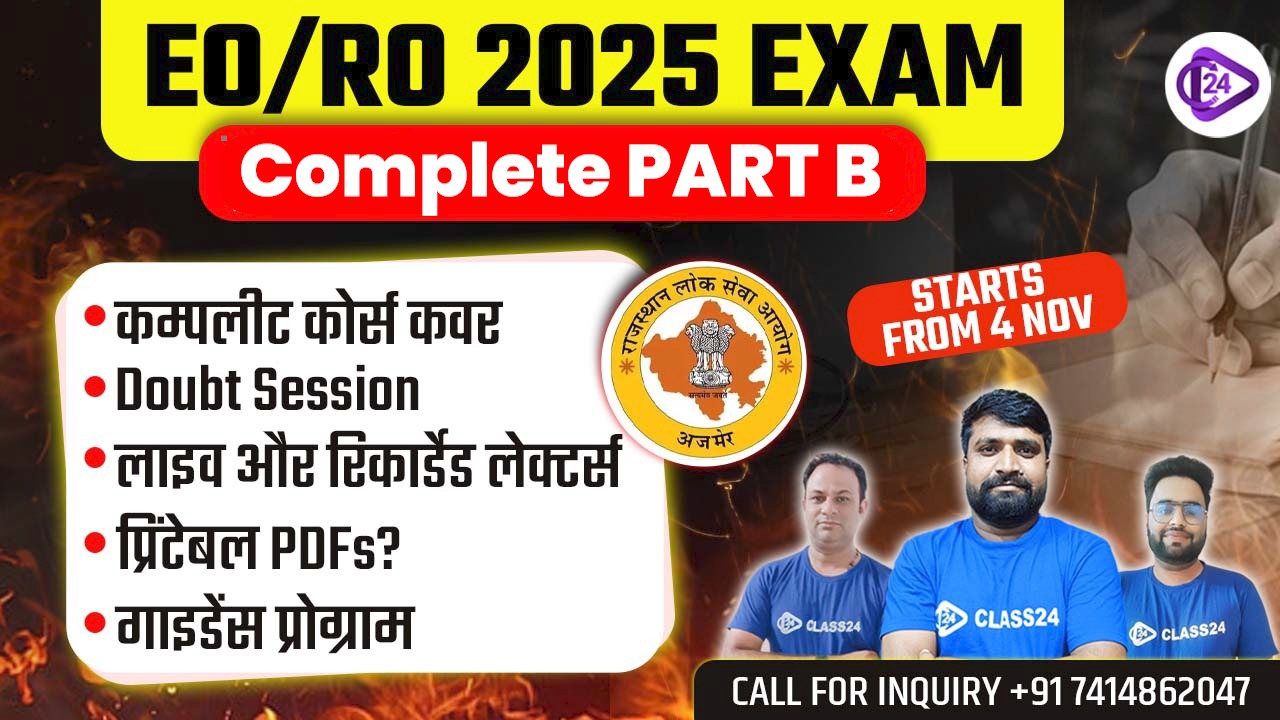
Nepal has recently started exporting 40 MW of hydropower to Bangladesh through India’s electrical connection-making it the first regional cooperation in South Asia that includes two distinct nations. This trilateral deal is highly comparable and can be above the export of importing, cooperation, agreement demonstrate a fresh approach in food and energy security in south Asian region and promoting sustainable utilization of energy resources.
The power transfer from NEA goes through the purchase agreement signed on October 15, 2023 by NEA, Bangladesh Power Development Board (BPDB) and the Indian NTPC Vidyut Vyapar Nigam, a subsidiary of the National Thermal Power Corporation of India. Such a structure helps Nepal to transport electricity to Bangladesh using India’s huge electricity network which can be described as an energy transit and facilitation country.
Bangladesh, where the authority is struggling to supply electricity to consumers, reaps the most out of this scheme. The extra 40MW can be used to mitigate energy deficit and to meet the increasing electricity demand for industries and residences. In the case of Nepal, the agreement translates into turning its enormous potentials of hydroelectric resources into regular source of income besides, cementing its role as a renewable energy supplier.
The power exchange occurring within the Eurasian space has been supported in part by India, which by necessity highlights the country’s key priorities of regional integration and energy diplomacy. India is strengthening its strategic relation with Nepal and Bangladesh by facilitating a transit route and infrastructure support while promoting clean energy or cooperation at the regional level.
Further, this development is in sync with other global objectives such as move towards use of renewable energy and controlling on carbon emissions. It also points to the possibility of the nation’s of South Asians coming together on common issues of energy which is creating way for similar treatment in future.
In this regard, this has been a good learning for the UPSC aspirants being a case study of energy security, renewable energy policies, and regional cooperation. It is therefore important to gain insight into the strategic, economic and especially the environmental aspects of such agreements so as to adequately assess India’s contributions toward the development of the region as well as the world energy challenges.
Chat With Us


 Donald Trump high Traffics on Chinese Imports
Donald Trump high Traffics on Chinese Imports Australia Mates Scheme Indian Graduates Career Opportunities
Australia Mates Scheme Indian Graduates Career Opportunities PM Modi Three-Nation Tour 2024
PM Modi Three-Nation Tour 2024 India and Japan Sign MoI for UNICORN Masts
India and Japan Sign MoI for UNICORN Masts NPP Victory Sri Lanka Parliamentary Elections
NPP Victory Sri Lanka Parliamentary Elections Amnesty Sudan Arms Embargo Violations
Amnesty Sudan Arms Embargo Violations Samantha Harvey Wins the 2024
Samantha Harvey Wins the 2024 Shift Local Currency Trade India Russia
Shift Local Currency Trade India Russia Global CO2 Emissions Rise in 2024
Global CO2 Emissions Rise in 2024






